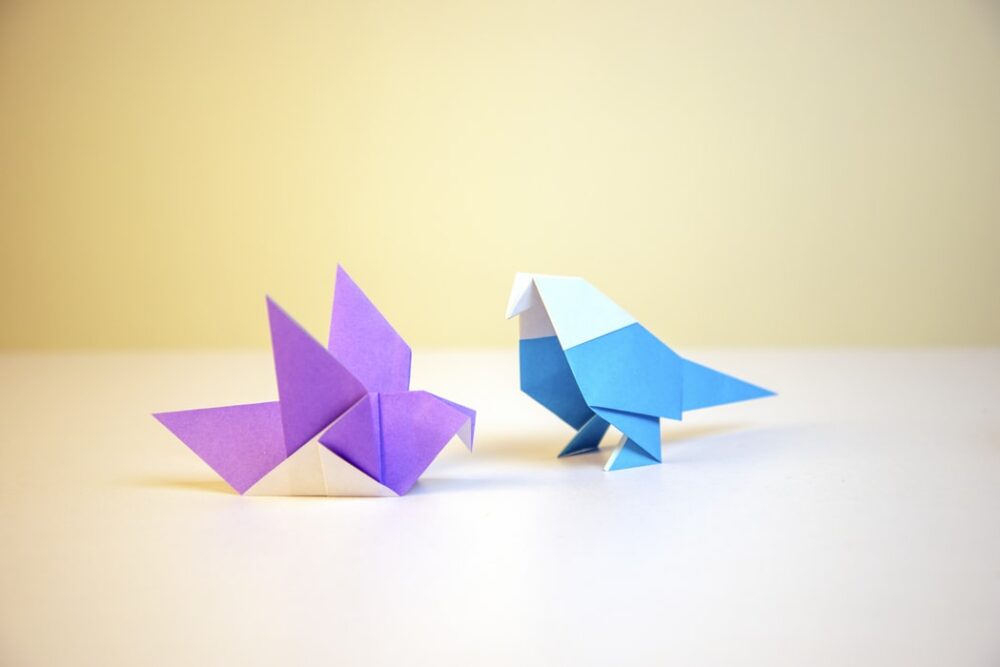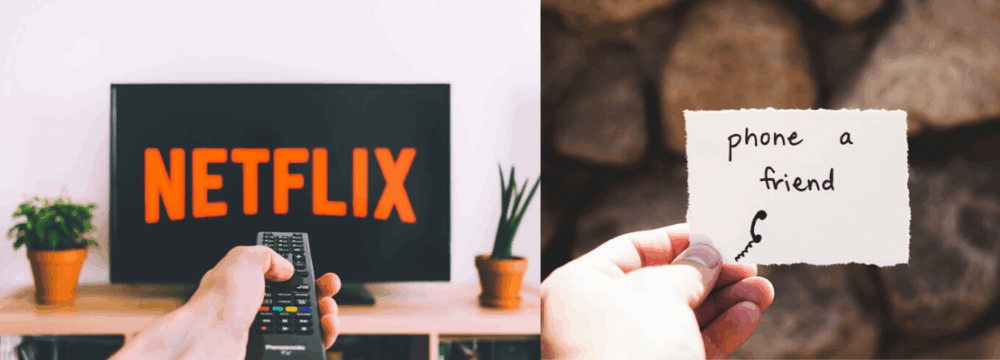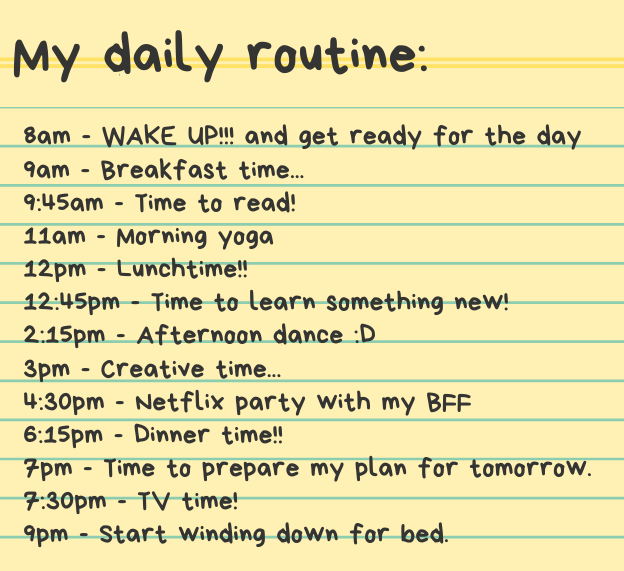20th Mar 2020
Maintaining Your Wellbeing During Isolation

For some people, self-isolation may seem like a dream come true and for others, it may seem like a nightmare. However, the reality is that social distancing and self-isolation for those with symptoms is the current government advice for reducing the spread of Covid-19.
Those with mental health difficulties may find this particularly challenging, especially with the level of uncertainty we are currently experiencing. This makes it all the more important that we practice self-care, whatever that means to you, and maintain our wellbeing at this time. But, how do we manage this when our movement is so limited?
Maintain structure & routine
It may seem boring, but having structure and sticking to your usual routine can provide huge comfort and reduce stress levels. Naturally, your day will be different when isolating, but you can come up with a new structure whilst maintaining some similarity with your normal routine.
For example, if you usually get up at 8am and have breakfast, then continue to do this regardless of whether you need to be up at that time. Then, rather than travelling to college or work, you could use that same time to do some light morning exercise. When you may be studying, you could instead read a book, get your creative juices flowing or even learn a new language.
Get active
It certainly won’t make everything better, but a little exercise can improve your mood for a variety of different reasons. This doesn’t have to be running a marathon or hitting it hard at the gym, it can just mean dancing around the room to your favourite tunes or following a simple workout video.
Not only is exercise good for improving you mood, but some forms of exercise, such as Yoga and Pilates can help you sleep better. This is especially useful when you may find your sleep cycle impacted by anxiety.
Use the internet sensibly
Having access to so much at our fingertips is pretty amazing, but it can also make it hard to ever switch off. During particularly turbulent times, it can be easy to get sucked into the cycle of news and constant stream of opinions. However, instead focus on limiting your news intake and stick to trustworthy sources such as BBC news.
Check out uplifting news stories to remind yourself of the good in the world or take a look through mental health & wellbeing website ‘Happiful’, where they share helpful tips for living a healthier, happier life. Plus, consider tailoring your social media feeds to featuring only those who make you feel good, such as ‘Smart Girls’, ‘I Weigh’, ‘BodyPosiPanda’ or ‘Happsters’.
 Get creative
Get creative
Getting creative has many benefits for your wellbeing, however, one key advantage is that you can let those creative juices flow even during isolation! Additionally, there can be a real sense of achievement and pride once you have made something
There are so many ways you can get creative, from writing and colouring in to origami and candle-making!
Keep connected
Of course, keeping connected is hugely hindered by socially distancing, but it doesn’t mean you have to be totally isolated, you just need to be a little more crafty with how you connect with friends and family. Whether this means using new methods or taking it back to the traditional method of picking up the phone, it’s all helpful in combatting loneliness.
Additionally, if you have access to Netflix, there is an add-on Google Chrome feature where you can watch your favourite shows or films along with your friends and family – virtually!



